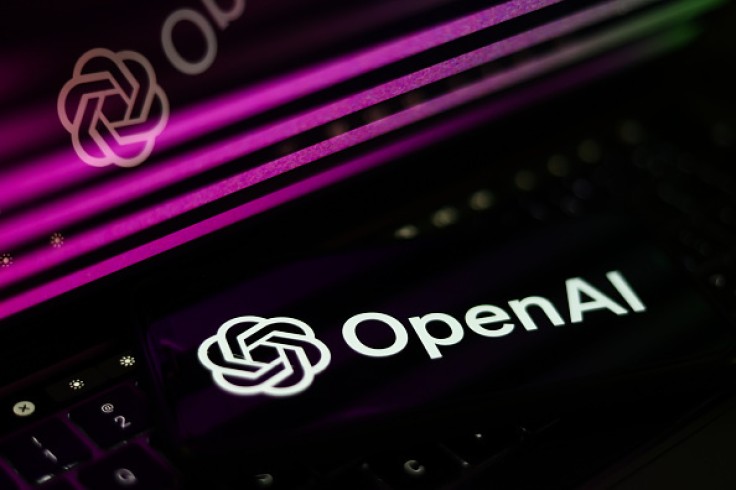AI is undoubtedly becoming a huge part of the tech world as it is being integrated into many apps, services, and devices. This alone has already caught criticism, but that's not stopping AI companies like OpenAI from allowing their AI models to be used for military purposes.

OpenAI Changes Its Policy
Previously, OpenAI's list of prohibited uses for its AI models included activity with a high risk of physical harm. Under that category, military and warfare are mentioned just under weapons development, but that has since changed.
With the new universal policy, it has been generalized to not using the services to harm one's self or others. While OpenAI did not explicitly say that it will be allowing its AI models to be used for the development of military tech, the lack of clear restrictions may allow it to happen.
OpenAI claims that the new list of policies is "clearer" and "more readable," as per Tech Crunch. And yes, it was mentioned that its services cannot be used to "develop or use weapons" in its new policy, but it no longer specifically lists military and warfare.
While the blanket or generalized policy may be easier to understand and cover a broader range of applications, it does not mean that AI will not be used for other military purposes. Warfare is not limited to the creation of weapons.
After all, "military and warfare" was previously separated from "weapons development," meaning that there are other ways to use AI than the latter. There are countless possibilities for advancing military tech using AI that can give a certain side an advantage.
They're not all necessarily bad. For one, AI can be used to improve cybersecurity to protect critical data within the military. It can also be used to train with combat simulation, as well as aid in battlefield healthcare, all these examples have nothing to do with direct warfare which can "harm others."
The US, China Presidents Banning AI in Weapons
We can all agree that military weapons are already deadly as is, so imagine if they become smarter with the integration of AI. This is something that both US President Joe Biden and Chinese President Xi Jinping agree on.
There are speculations that the two country leaders agree that AI technology should be banned in such aspects, specifically autonomous weapons. Both were expected to reach a deal during the Asia-Pacific Economic Cooperation (APEC) summit, although there is still no news regarding the topics.
According to Interesting Engineering, the Foreign Ministry of China said that "the two presidents will have in-depth communication on issues of strategic, overarching and fundamental importance in shaping China-US relations and major issues concerning world peace and development."
Even with the technology we have now, AI is still far from perfect. That has been proven countless times with cases where it showed racial bias and even security risks. If it were to be used for the military, these problems could cause more problems and could be harmful to the user instead.









